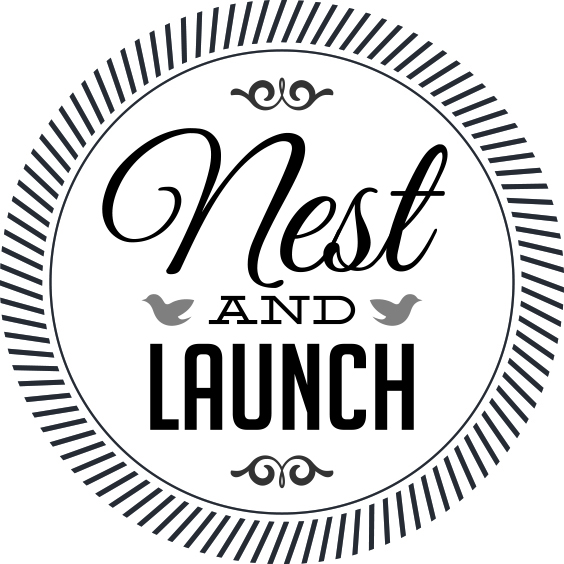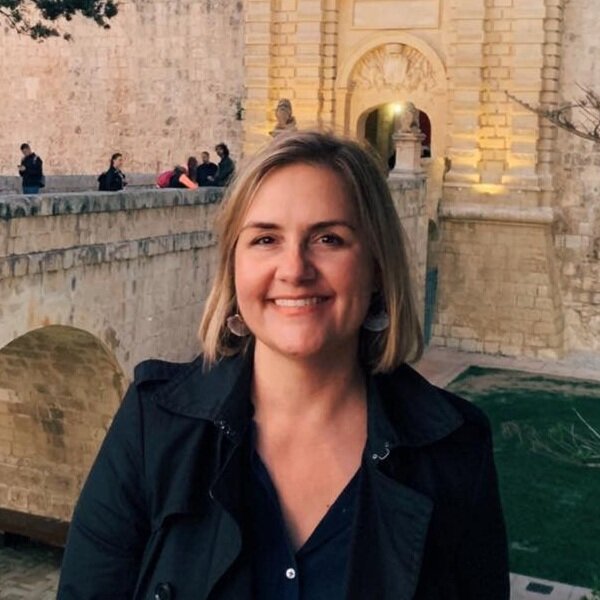I don’t
think I really have any understanding about what is the value of this whole
thing for the girls, because they have a lot of this kind of thing at school. But
I really understand the value of it for the moms, and for myself. It’s a little
window into their world. The girls will sometimes bring up something that has
happened at school or with a friend, and I can see them make connections from
the books to real life. And in a town like this [a suburb of Boston], they have
talked about books so much that they are pros at it. But my hope is less that they enjoy talking about the books
and more that they are laying down some empathy or human understanding--from
the experience of talking with others about a person in a story or a connection
that they might feel with or about a character--that they can bring to bear
later on, in a real situation. Mostly when I think about middle school, I just
think, anything has value that gets you from this point to a place later, where
you can look back on going through it and say, “whew.” Sometimes I think the books we read in
the groups might be more valuable later, looking back, than they are when they
are read by someone who is 12 or 13.
I hope to
help create a place where they feel safe with what they think and what they
feel, and I love watching it happen. I wish I could meet with these girls when
they are older, and show them their younger selves, and see how it looks
different at 16 or 18 than it did at 12.
Have the discussions changed over the
years?
I’ve seen a
change over the last few years, in some of the perspectives of the girls in
these groups, in the same town. The girls seem to be more protected, more
sheltered, more afraid of the world, and yet more unaware, than ten years ago.
I sometimes hear someone in a group meeting say, “Oh, this couldn’t happen
here.” And while of course they are right about plenty of the stories, it’s not
right that in their sheltered worlds they have no friends dealing with divorce,
with alcoholism, with domestic violence, with bullying.
But I love their
fierceness and their certainty. And I love that the moms get to hear from this
girl who hasn’t yet gone into the minefield of teenhood. And I love it that
they are putting these stories away for later.
You do this at night, holding the
groups after hours after working a full day at the library. What keeps you
coming back and starting another one, year after year?
I’ve been
blessed to know these girls at this moment of their lives. They leave the
[neighborhood] library soon after middle school, and they mostly use the high
school library and the bigger main library, and I often don’t see them again.
But I remember this particular time of their lives, and it’s such an honor for
me to see them and know them, and their moms, for this brief period of time. I
am not so sure what they get out of it, but it’s amazing for me, and when I’m
not doing it anymore I think I will miss this more than almost anything else
about working in the same library for so many years.
Thank you, Sharon, for being one of our favorite mentors and fearless guides in navigating the terrain of those years. We miss you.























